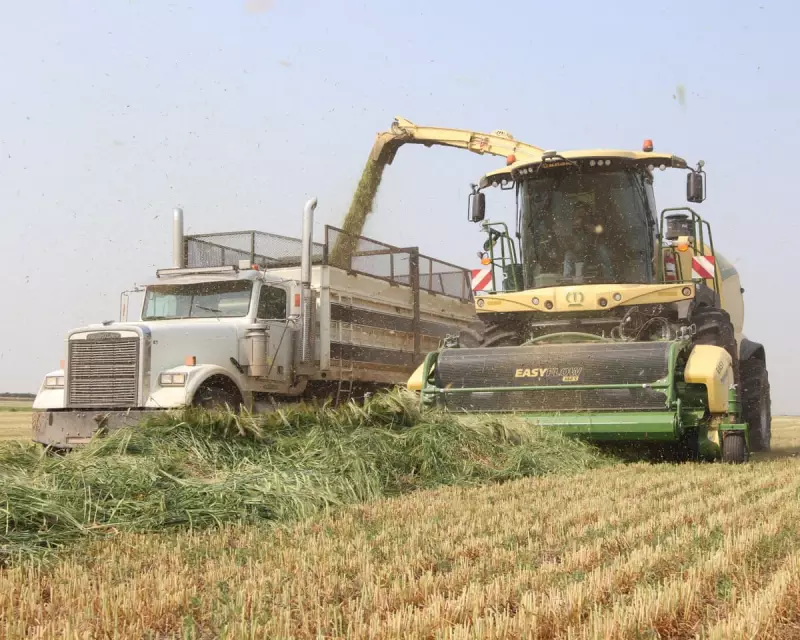
One of Europe's largest agricultural machinery manufacturers has dramatically suspended all exports to the United States, citing what it describes as complex 'hidden tariffs' that have made the American market commercially unviable.
German firm Krone, renowned for its premium farming equipment including forage harvesters and balers, has taken the extraordinary step of halting shipments across the Atlantic despite strong demand from American farmers.
The Invisible Trade Barrier
Company executives revealed that beyond the official tariff rates, a web of regulatory requirements, certification costs, and compliance expenses have created what effectively functions as a 25% additional tax on their products.
'The stated tariffs are only part of the story,' explained a senior Krone official. 'The real burden comes from the cumulative impact of multiple hidden costs that make it impossible to compete profitably in the US market.'
Impact on American Farmers
The decision leaves American agricultural businesses facing reduced options for high-quality European machinery at a time when farming efficiency is increasingly critical. Krone's equipment is particularly valued for its precision engineering and reliability during harvest seasons.
- Immediate suspension of all new orders from US customers
- Existing orders will be fulfilled but no new shipments scheduled
- Service and parts operations will continue for existing customers
- Potential price increases for competing equipment as competition decreases
Broader Trade Implications
This move highlights growing tensions in transatlantic trade relations and raises questions about whether other European manufacturers might follow suit. The agricultural sector has become an unexpected battleground in wider trade disputes, with farming businesses caught in the crossfire.
Industry analysts suggest this could be the first domino to fall if trade conditions don't improve, potentially affecting everything from specialised implements to large-scale harvesting equipment.
The situation underscores how complex regulatory environments can create unintended consequences for international trade, even between traditional allies. As one trade expert noted, 'Sometimes the most damaging barriers aren't the ones you can see in the tariff books.'





